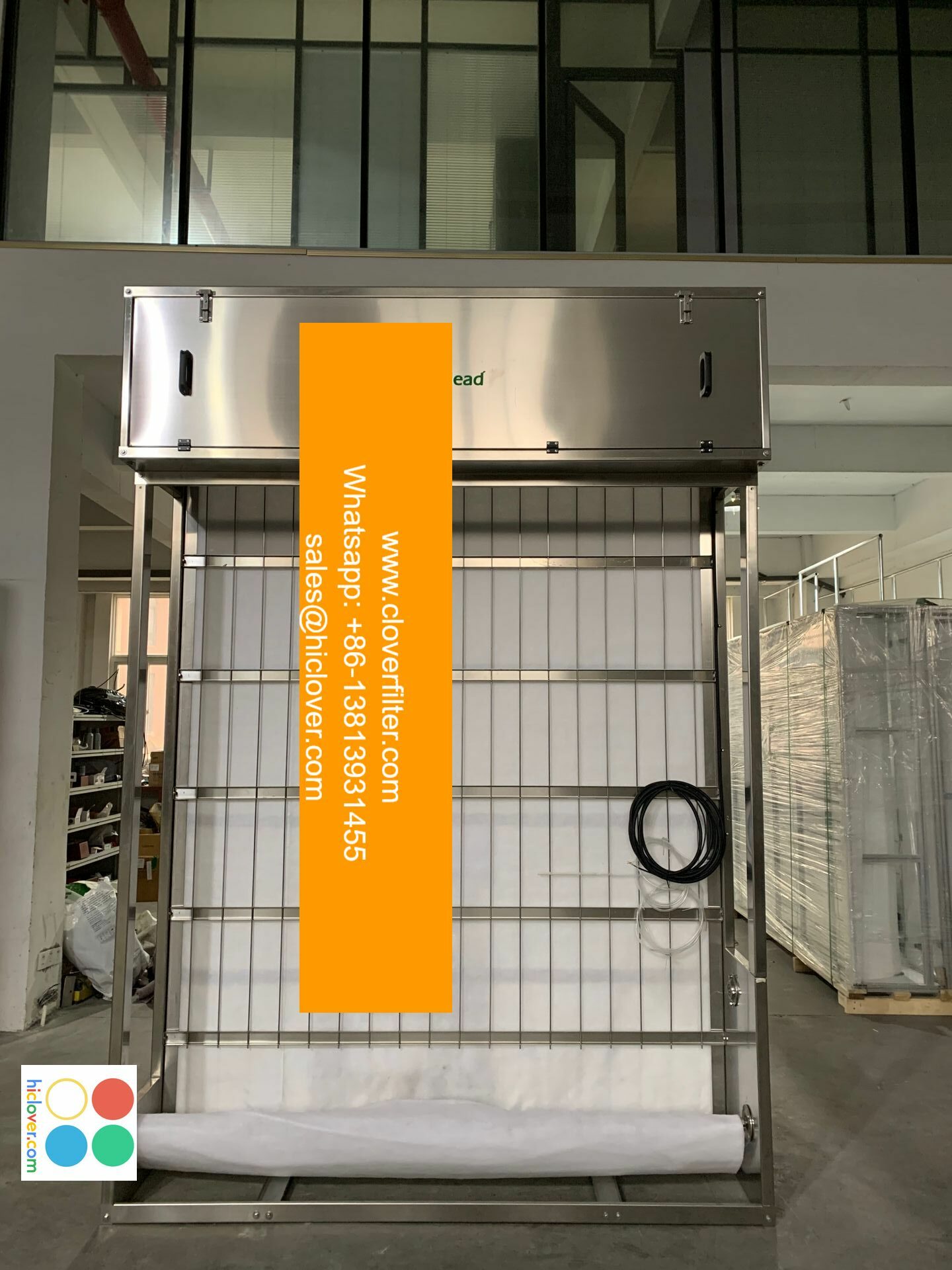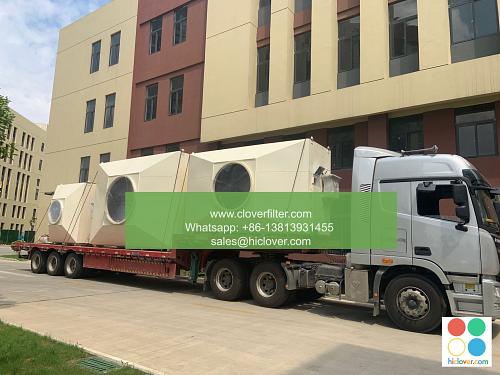The Science of Clean Air: Expert Insights from the Air Filter Community

As the world grapples with the challenges of air pollution and its impact on human health, the importance of clean air has become a pressing concern. The air filter community has been at the forefront of this issue, working tirelessly to develop innovative solutions to improve indoor air quality and outdoor air quality. In this article, we will delve into the science behind clean air, highlighting various application areas and expert insights from the air filter community.
Understanding Air Pollution
Air pollution is a complex phenomenon that involves the presence of particulate matter, gases, and other pollutants in the air. These pollutants can come from a variety of sources, including industrial emissions, vehicle exhaust, and natural disasters. The air filter community has been working to develop air filtration systems that can effectively remove these pollutants from the air, improving air quality and reducing the risks associated with respiratory diseases.
Key Technologies in Air Filtration
Several key technologies have emerged as crucial in the development of effective air filtration systems. These include:
* HEPA filters, which are capable of capturing 99.97% of particles as small as 0.3 microns
* Activated carbon filters, which can remove gases and odors from the air
* UV light technology, which can be used to kill bacteria and other microorganisms
Application Areas for Air Filtration
The application areas for air filtration are diverse and widespread. Some of the key areas include:
* Residential buildings, where air filtration systems can be used to improve indoor air quality
* Commercial buildings, where air filtration systems can be used to improve productivity and reduce absenteeism
* Industrial settings, where air filtration systems can be used to reduce emissions and improve worker safety
* Transportation systems, where air filtration systems can be used to improve air quality in vehicles and public transportation
Expert Insights
We spoke with several experts in the air filter community to gain a deeper understanding of the science behind clean air. According to Dr. Maria Rodriguez, a leading expert in air pollution, “The key to improving air quality is to develop air filtration systems that can effectively remove particulate matter and gases from the air.” Dr. John Lee, a renowned expert in indoor air quality, added, “The use of HEPA filters and activated carbon filters can significantly improve indoor air quality and reduce the risks associated with respiratory diseases.”
Conclusion
In conclusion, the science of clean air is a complex and multifaceted field that requires a deep understanding of air pollution, air filtration systems, and application areas. The air filter community has been at the forefront of this issue, working to develop innovative solutions to improve air quality and reduce the risks associated with respiratory diseases. As we move forward, it is essential that we continue to invest in research and development to improve air filtration technologies and promote clean air for all. By working together, we can create a healthier and more sustainable future for generations to come.
Some of the key words used in this article are:
* Air pollution
* Clean air
* Indoor air quality
* Outdoor air quality
* Air filtration systems
* Particulate matter
* Gases
* Pollutants
* HEPA filters
* Activated carbon filters
* UV light technology
* Respiratory diseases
* Industrial emissions
* Vehicle exhaust
* Natural disasters You haven’t provided a question or topic for me to assist you with. Please provide more details or ask a specific question so I can give you a helpful response.

